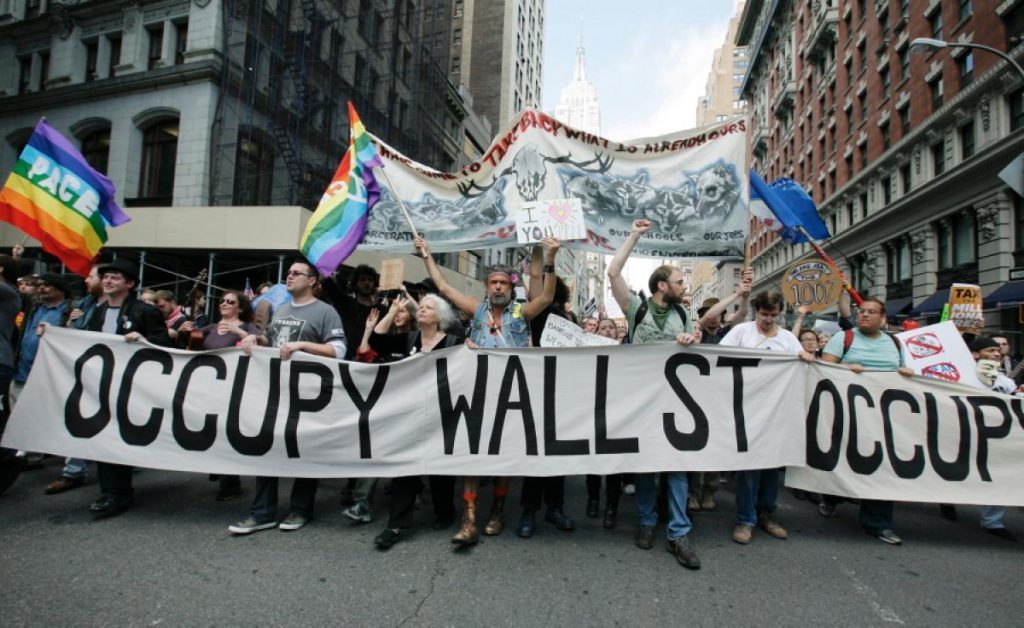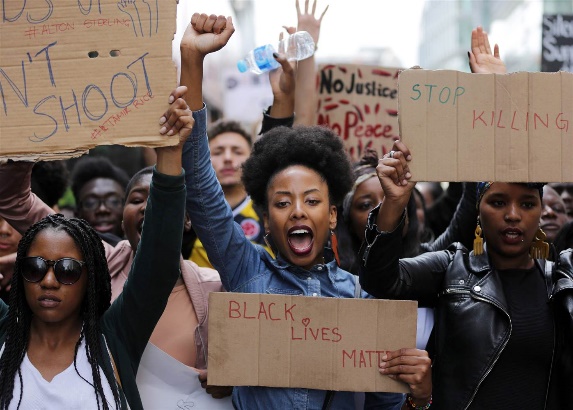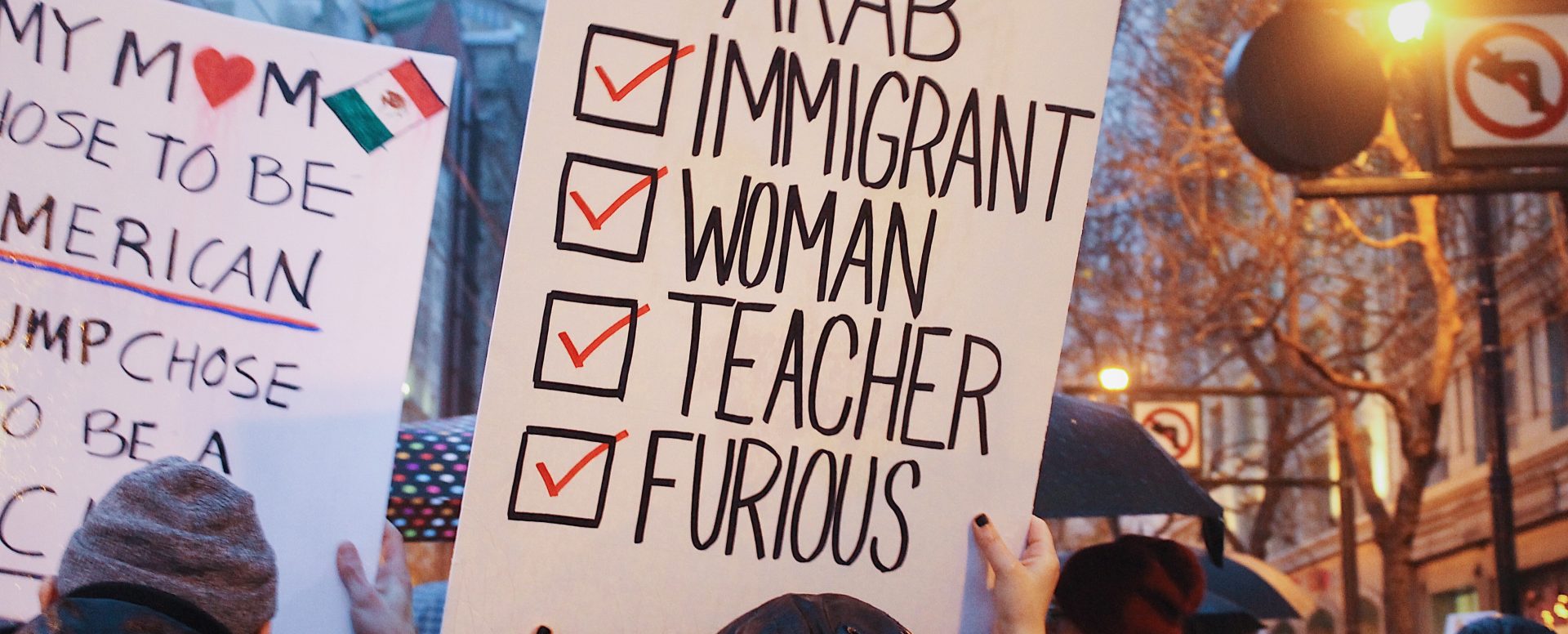Social Protests In recent years, the world has witnessed an unprecedented wave of social protests, with 2024 marking a significant peak in global unrest. From the streets of Paris to the avenues of Buenos Aires, from the heart of New York City to the squares of Seoul, millions have taken to the streets to voice their dissatisfaction with a myriad of issues. These protests, fueled by economic inequality, political corruption, environmental concerns, and social justice issues, have become a defining feature of our time. The frequency, scale, and intensity of these movements suggest a world grappling with deep-seated and unresolved grievances.
The Economic Divide: A Catalyst for Unrest

One of the primary drivers of global social protests in 2024 is the widening economic divide. The gap between the wealthy and the poor has reached alarming levels, with the COVID-19 pandemic exacerbating pre-existing inequalities. In many countries, economic recovery has been uneven, benefiting large corporations and affluent individuals while leaving behind small businesses and the working class.
In the United States, for instance, the Occupy Wall Street movement of the past has evolved into a broader campaign against income inequality, with renewed calls for fair wages, affordable housing, and accessible healthcare. Similar sentiments are echoed in Europe, where protests against austerity measures and neoliberal economic policies have gained momentum. In countries like France and Spain, workers have taken to the streets to demand better pay and working conditions, while in the United Kingdom, the rising cost of living has sparked widespread demonstrations.
In Latin America, the economic crisis has hit particularly hard, leading to mass Social Protests in countries like Argentina, Chile, and Brazil. In Argentina, the combination of inflation, unemployment, and austerity measures has led to widespread discontent. In Chile, the movement that began with protests over subway fare increases has expanded to include demands for pension reform, healthcare access, and educational equity.
Political Corruption and the Erosion of Trust
Another significant factor contributing to global social unrest is the widespread perception of political corruption and the erosion of trust in governmental institutions. In many countries, citizens are frustrated with leaders who are seen as out of touch, corrupt, or self-serving.
In Eastern Europe, countries like Hungary and Poland have seen large-scale Social Protests against what many perceive as authoritarianism and the erosion of democratic norms. In Poland, protests against judicial reforms seen as undermining the independence of the judiciary have drawn massive crowds. In Hungary, citizens have taken to the streets to protest against government policies perceived as eroding press freedom and stifling opposition voices.
In Asia, the political landscape has been similarly turbulent. In Thailand, protests led by young people against the military-backed government have been ongoing for several years, with demands for democratic reforms and greater freedoms. In Myanmar, the military coup of 2021 has led to sustained resistance, with pro-democracy protesters facing brutal crackdowns but continuing to push for a return to civilian rule.
In Africa, protests against political corruption and mismanagement have also been prominent. In Nigeria, the #EndSARS movement, which began as a protest against police brutality, has evolved into a broader critique of government corruption and inefficiency. In South Africa, protests against corruption and economic mismanagement have rocked the nation, with citizens demanding accountability and transparency from their leaders.
Environmental Concerns: A Global Awakening

Environmental concerns have also emerged as a key driver of social protests in 2024. As the impacts of climate change become more pronounced, with extreme weather events, rising sea levels, and biodiversity loss, people around the world are demanding urgent action from their governments.
In Europe, the Extinction Rebellion movement has continued to mobilize people around the issue of climate change, using civil disobedience to draw attention to the need for immediate action. In Germany, activists have protested against the continued use of coal, while in the Netherlands, large demonstrations have been held to demand stronger climate policies.
In South America, the destruction of the Amazon rainforest has sparked Social Protests not only in Brazil but across the continent. Indigenous communities, environmental activists, and concerned citizens have come together to protest against deforestation, illegal mining, and the exploitation of natural resources. In Chile, protests have also centered around water rights and the privatization of natural resources, which have disproportionately affected rural and indigenous communities.
In Asia, the air pollution crisis in countries like India and China has led to increasing public anger and demands for stricter environmental regulations. In India, protests against government inaction on environmental issues have been widespread, with activists calling for better air quality and more sustainable development practices.
Social Justice Movements: A Call for Equality
Social justice movements have been at the forefront of global protests, with issues of racial inequality, gender rights, and LGBTQ+ rights taking center stage. These movements have often intersected with other issues, such as economic inequality and political corruption, creating a powerful and broad-based demand for systemic change.
In the United States, the Black Lives Matter movement continues to be a major force, highlighting issues of racial injustice and police brutality. The movement, which gained global attention following the murder of George Floyd in 2020, has inspired similar protests around the world, with people in countries like the United Kingdom, France, and Brazil rallying against racism and discrimination.
In Europe, protests for gender equality and women’s rights have been significant. In countries like Spain and Poland, women have taken to the streets to protest against restrictive abortion laws and gender-based violence. In France, the #MeToo movement has gained momentum, with women demanding accountability for sexual harassment and assault.
LGBTQ+ rights have also been a focal point of Social Protests in many parts of the world. In Eastern Europe, countries like Poland and Hungary have seen Social Protests against anti-LGBTQ+ policies and rhetoric, with activists fighting for equal rights and protection under the law. In Latin America, the fight for LGBTQ+ rights has been intertwined with broader social justice movements, as activists demand an end to discrimination and violence against marginalized communities.
The Role of Technology and Social Media

The rise of social media and technology has played a crucial role in the organization and amplification of global social protests. Platforms like Twitter, Facebook, and Instagram have allowed activists to mobilize quickly, share information, and coordinate actions on a scale that was previously unimaginable.
Social media has also enabled the spread of information beyond traditional media outlets, allowing activists to bypass state-controlled or biased news sources. This has been particularly important in countries with restricted press freedom, where social media has become a vital tool for organizing and sharing uncensored information.
However, the role of technology in social protests is not without its challenges. Governments around the world have responded to the rise of online activism by implementing internet shutdowns, censoring social media platforms, and using surveillance technologies to monitor and suppress dissent. These actions have sparked debates about the balance between security and freedom, and the role of technology in both enabling and restricting social movements.
The Future of Global Social Protests
As we move further into 2024, it is clear that global social protests are not a passing trend but a reflection of deeper, systemic issues that need to be addressed. The interconnected nature of these protests, with issues of economic inequality, political corruption, environmental concerns, and social justice overlapping and reinforcing each other, suggests that a holistic approach is needed to address the root causes of global unrest.
Governments around the world face the challenge of responding to these demands wdbos in a way that is not only effective but also inclusive and just. This will require political will, innovative policy solutions, and a commitment to addressing the underlying grievances that have driven so many people to the streets.
Conclution Social Protests
The global social protests of 2024 are a testament to the growing discontent and demand for change felt by people around the world. As these movements continue to evolve, they will undoubtedly shape the political, social, and economic landscape of the future. The challenge for leaders and policymakers will be to listen to these voices, address the root causes of discontent, and work towards building a more just and equitable world.
